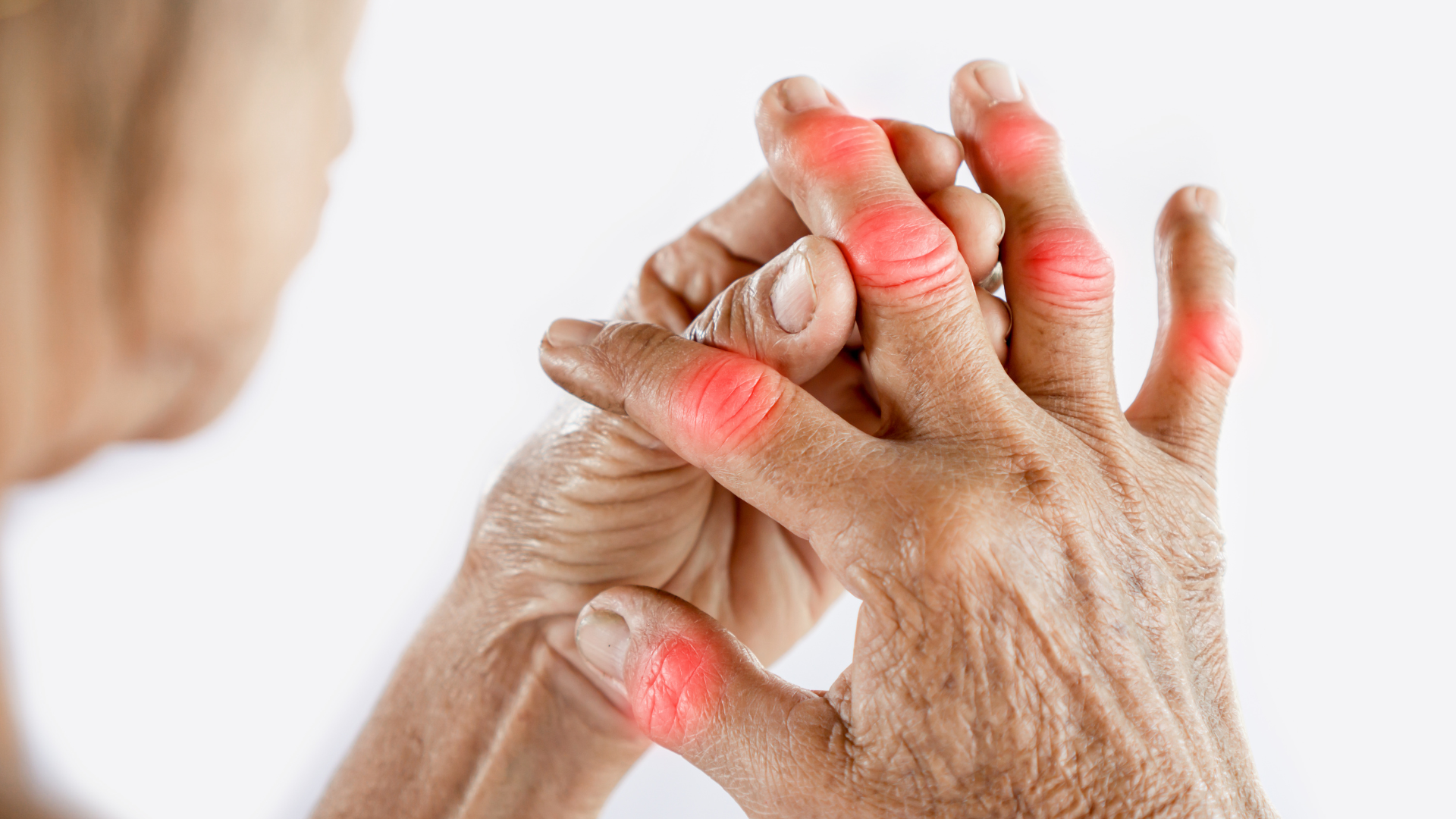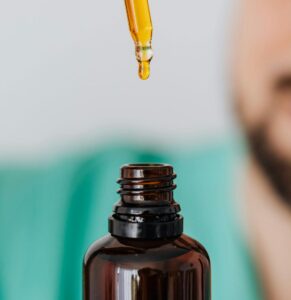Inflammation is at the root of many health challenges, from arthritis and gut issues to brain fog and chronic pain. While inflammation is a natural defense mechanism, when it becomes chronic, it can fuel disease progression and significantly impact quality of life. Increasingly, research is showing that cannabis compounds may help regulate inflammation and support the body in finding balance.
The Endocannabinoid System and Inflammation
The endocannabinoid system (ECS) is a network of receptors, endocannabinoids, and enzymes that work to maintain homeostasis in the body. Among several other physiological actions, the ECS is a modulator of immune system activity.
Cannabinoids from the cannabis plant interact with the ECS, potentially dialing down excessive inflammation. Research has found that cannabinoids can modulate immune cell activity, reduce oxidative stress, and calm overactive inflammatory pathways.
How CBD Might Help with Inflammation
CBD (cannabidiol) doesn’t produce intoxication, but it does have powerful anti-inflammatory effects. Studies show that CBD may:
- Reduce neurogenic inflammation, which is linked to chronic inflammatory diseases such as multiple sclerosis (MS), migraine, diabetes, and Parkinson’s disease.
- Calm intestinal inflammation by interacting with serotonin receptors and the gut’s immune system. This may assist in providing relief in conditions such as Crohn’s disease, inflammatory bowel disease (IBD), and ulcerative colitis.
- Benefits the healing process of joints and muscles by interacting with inflammatory mediator receptors and pathways. CBD may help control localized inflammation that causes pain and tissue damage in arthritic joints as well as alleviate muscle soreness after exercise or injury.
Consistent administration seems to be key, Researchers note that regular CBD use may build up its effects over time, rather than acting as a quick fix. Explore more on CBD and inflammation in our research library.
THC, Microdosing, and Pain Relief
THC is often associated with its euphoric effects, but in smaller amounts (microdosing) it may relieve pain and inflammation without noticeable intoxication. THC activates CB2 receptors in the immune system, which can reduce swelling and inflammatory signaling.
For some people, combining CBD with very low doses of THC (as in full-spectrum CBD products) may provide a more comprehensive anti-inflammatory effect. Research suggests that this synergy could support pain relief in arthritis, inflammatory bowel diseases, and neuro-inflammatory conditions.
CBDA for Inflammation
Cannabidiolic acid (CBDA) is one of three cannabinoid precursor compounds converted from Cannabigerolic acid (CBGA). CBGA also converts to the precursor compounds Tetrahydrocannabinolic acid (THCA) and Cannabichromenic acid (CBCA) or may convert to its non-acidic form, Cannabigerol (CBG).
CBDA inhibits the COX-2 Enzyme. These enzymes are associated with inflammation after injury or infection. Therefore, by blocking COX-2 Enzymes, CBDA may relieve inflammation and associated pain. In a rodent study, equivalent amounts of CBD and CBDA were administered to test efficiency in reducing hyperalgesia. The low amount of CBD was not efficient in reducing this increased sensitivity to pain when exposed to normal stimuli. The CBDA, on the other hand, did reduce hyperalgesia at that same low amount. In the same study, amounts of THC and CBDA so low that they were deemed “ineffective” were administered. When these ineffective, low amounts were combined it was shown in the animal models to have anti-inflammatory and anti-hyperalgesia effects on acute inflammation.
CBG for Inflammation
Cannabigerol (CBG) was first discovered and synthesized by Raphael Mechoulam and Yehiel Gaoni in 1964. As previously mentioned, it is derived from cannabigerolic acid (CBGA) once heated, becoming a very stable molecule.
Animal studies have shown CBG to reduce the effects of inflammatory bowel disease. Several studies, in vitro and in animal models, have also shown CBG to have neuroprotective potential for reducing the severity of neurological illnesses, such as Huntington disease (HD), amyotrophic lateral sclerosis (ALS), Parkinson’s disease, and MS. The anti-inflammatory and antioxidant benefits contribute to reducing glutamate-induced oxidative stress and cell death, as shown in mouse models.
Consistency Matters
One of the most important takeaways from the research is that consistent administration may be necessary to witness anti-inflammatory benefit. Like many wellness strategies, cannabinoids may take time to build their effects. Sticking to a routine and keeping track of responses can help individuals find what works best for them.
Concluding Thoughts
While promising evidence is mounting for the use of several cannabinoids for inflammation-related conditions, more large-scale clinical trials are needed. Cannabinoids such as CBD, THC, CBDA, and CBG show real potential in calming inflammation, relieving pain, and improving quality of life for people living with acute and chronic inflammatory conditions. The key is understanding how these compounds interact with your unique body and doing so safely with guidance.





